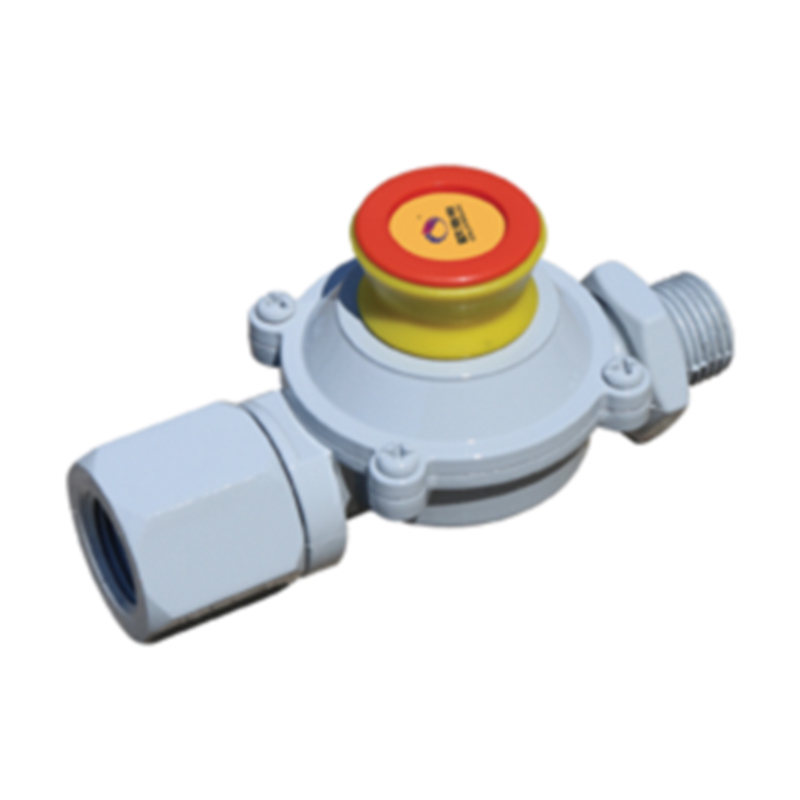
Dec . 05, 2024 14:58
Back to list
gas filtration
Gas Filtration A Crucial Process for Environmental Control and Safety
Gas filtration is an essential process that plays a critical role in various industries, environmental protection, and public health. The filtering of gases is not only vital for ensuring air quality but also for enhancing industrial performance and compliance with regulatory standards. This article explores the principles, methods, and applications of gas filtration, highlighting its importance in our modern world.
Principles of Gas Filtration
At its core, gas filtration involves the removal of particulate matter, pollutants, and harmful gases from the air or other gaseous environments. The primary goal is to produce cleaner air, which is essential for both environmental health and human safety. Filtration can be achieved through various mechanisms, including
1. Mechanical Filtration This method uses physical barriers to trap particles, such as dust and smoke, from the gas stream. Common materials include fiber filters and screens that separate larger particles.
2. Adsorption This process involves the adherence of gas molecules to the surface of a solid material. Activated carbon is widely used for its high surface area and ability to capture volatile organic compounds (VOCs) and other harmful gases.
3. Absorption In contrast to adsorption, absorption involves the conversion of gas into a liquid or solid phase. This process is useful in capturing acidic gases like sulfur dioxide or gases that can be neutralized through chemical reactions.
4. Chemical Filtration This method employs chemical reactions to remove specific pollutants from the gas stream. For instance, catalytic converters in vehicles utilize chemical processes to convert harmful gases into less harmful substances before they are emitted into the atmosphere.
Methods of Gas Filtration
Gas filtration technologies vary widely based on the application and the type of contaminants being addressed
. Some common methods includegas filtration

- HEPA Filters High-Efficiency Particulate Air (HEPA) filters are designed to trap at least 99.97% of particles that are 0.3 microns in diameter. These filters are commonly used in clean rooms, hospitals, and industrial environments to maintain air quality.
- Electrostatic Precipitators These are devices that use electrical charges to collect dust and other particles from gases. They are particularly effective in power plants and manufacturing industries where large volumes of particulate matter are generated.
- Gas Scrubbers These systems remove harmful substances from gas emissions through the interaction with liquid scrubbing solutions. They are widely used to reduce SO2 and NOx emissions from various industrial processes.
- Membrane Separation Advanced filtration techniques like membrane separation utilize selective barriers to separate gases based on their molecular size or chemical properties. This method is particularly useful in natural gas processing and carbon capture applications.
Applications of Gas Filtration
The applications of gas filtration extend across many sectors. In industrial operations, effective gas filtration improves product quality, enhances operational efficiency, and protects equipment from damage caused by particulate buildup. In the automotive industry, gas filtration technologies, such as catalytic converters and oil filters, help meet stringent exhaust emission regulations and contribute to cleaner air in urban settings.
Moreover, environmental protection is a significant driver of gas filtration technology. Air pollution control systems employed in factories, power plants, and waste management facilities help to minimize harmful emissions released into the atmosphere. The increasing awareness of climate change and air quality issues has led to the development of innovative filtration solutions aimed at capturing greenhouse gases, such as carbon dioxide, before they can contribute to global warming.
Conclusion
Gas filtration is a fundamental process that is critical in protecting human health and ensuring a sustainable environment. As industries continue to evolve and environmental regulations become more stringent, advancements in gas filtration technologies will play a vital role in combatting air pollution and achieving cleaner production methods. Whether through mechanical, chemical, or membrane processes, effective gas filtration remains essential for a healthier planet and improved quality of life.
Next:
Latest news
-
Safety Valve Spring-Loaded Design Overpressure ProtectionNewsJul.25,2025
-
Precision Voltage Regulator AC5 Accuracy Grade PerformanceNewsJul.25,2025
-
Natural Gas Pressure Regulating Skid Industrial Pipeline ApplicationsNewsJul.25,2025
-
Natural Gas Filter Stainless Steel Mesh Element DesignNewsJul.25,2025
-
Gas Pressure Regulator Valve Direct-Acting Spring-Loaded DesignNewsJul.25,2025
-
Decompression Equipment Multi-Stage Heat Exchange System DesignNewsJul.25,2025

